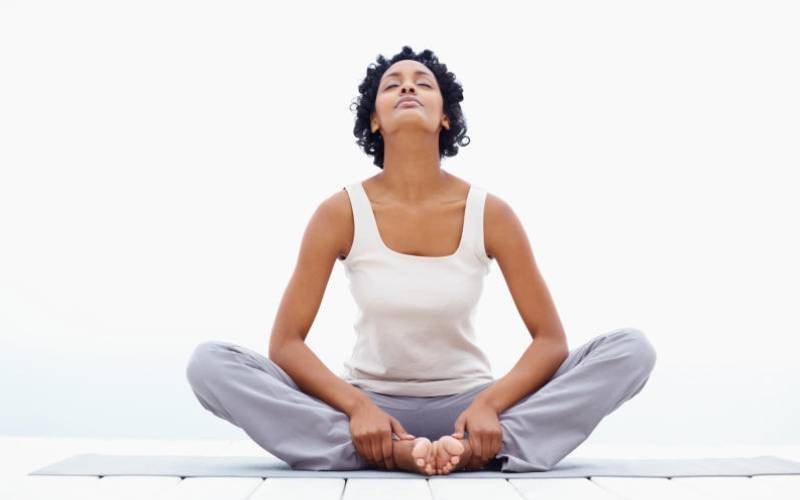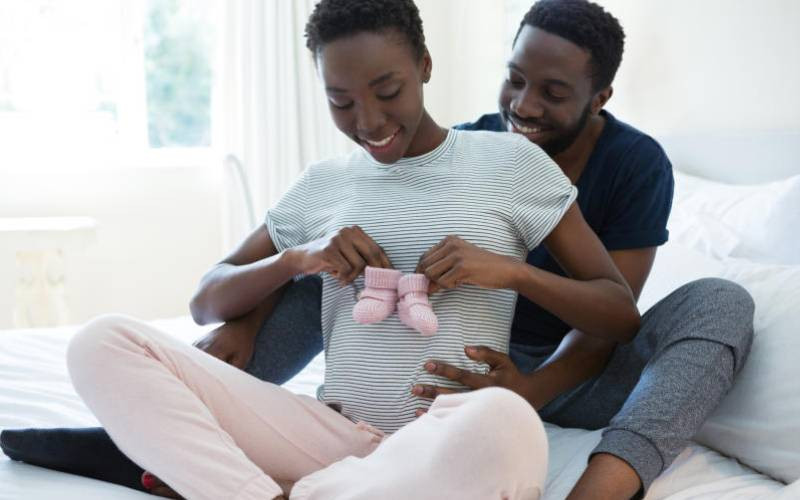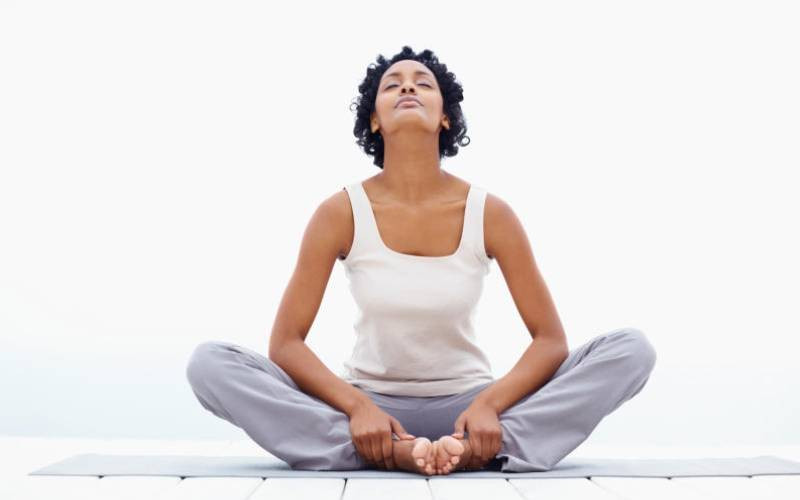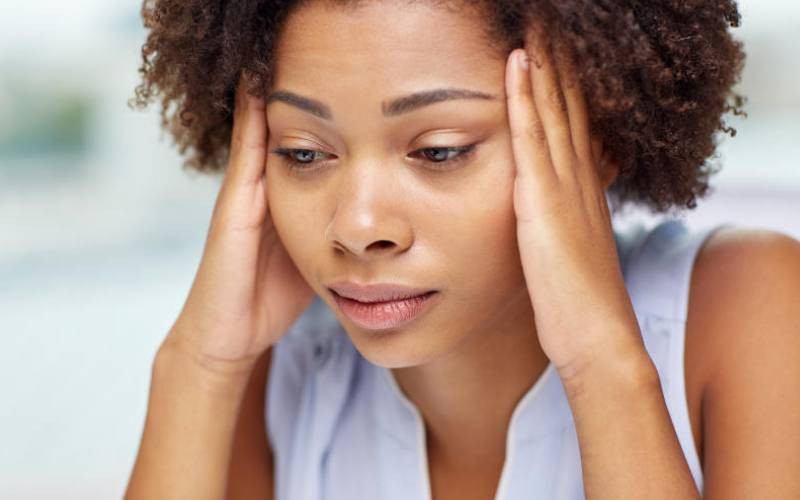
A lack of sleep is horrible to deal with and the more stressed you become about not being able to get a bit of kip, the more it can take hold.
For anyone suffering to sleep, there are a number of things you can do before you hit the hay which can make falling asleep so much easier.
Below we've listed five tips to help change lifestyle and bedtime habits to improve the chances of a good night's sleep.
But if you still struggle after giving these a go, it’s important to see your GP to discuss your symptoms and treatment options.
Avoid caffeine, nicotine and alcohol late at night
It’s a good idea to avoid drinking coffee, strong tea or any other stimulants in the hours leading up to bedtime. Try decaf hot drinks or herbal teas - such as this calming Camomile - instead.
Only go to bed when you're feeling tired
Lying in bed simply willing yourself to sleep won’t help. If necessary, go to bed later than usual if it means you might be able to fall asleep more quickly.
If you find yourself lying in bed feeling anxious about not being able to sleep, get up, go to another room for around 20 minutes and do something else, such as reading or listening to soft music, before trying again.
Try to create a relaxing bedtime routine
Taking a warm (but not overly hot) bath containing a relaxing bath oil such as this , listening to calming music and drinking a warm, milky drink are all activities that may help you ease your body into sleep mode.
A little lavender oil on your pillow - or in the air with an essential oils burner - could also help.
Make sure you have a good sleeping environment
Use thick blinds or curtains or wear an eye mask if the early morning sunlight or bright street lamps affect your sleep, and make sure your bedroom is at a comfortable temperature for sleeping.
If noise is a problem try wearing ear plugs, and ensure you have a comfortable mattress - possibly with a comfy topper - pillow and bedding. And slip into your most comfortable pyjamas or nightdress.
Don't ‘plug in’ to your devices before bed
Try to avoid using back-lit electronic devices such as smartphones, tablets and computers right before going to bed, as they can leave your brain feeling ‘wired up’.
 The Standard Group Plc is a multi-media organization with investments in media platforms spanning newspaper print
operations, television, radio broadcasting, digital and online services. The Standard Group is recognized as a
leading multi-media house in Kenya with a key influence in matters of national and international interest.
The Standard Group Plc is a multi-media organization with investments in media platforms spanning newspaper print
operations, television, radio broadcasting, digital and online services. The Standard Group is recognized as a
leading multi-media house in Kenya with a key influence in matters of national and international interest.










